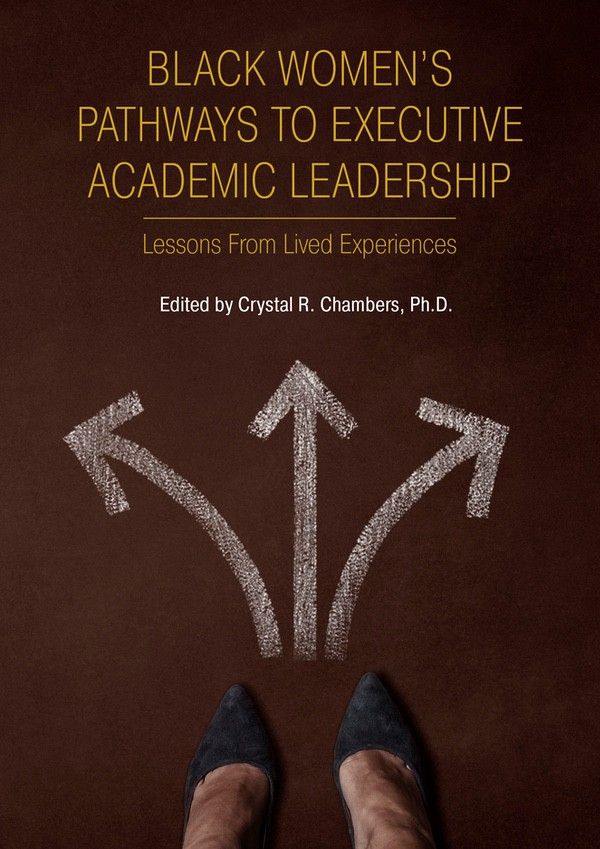Karlyn Percil Mercieca

Rise, Sister: Leading with Ancestral Power, Cultural Wisdom and Purpose
Rise, Sister: Leading with Ancestral Power, Cultural Wisdom and Purpose
Dear Beautiful Warrior,
Let's pause for a moment and reflect on the essence and brilliance you embody—a presence that may not always be acknowledged by the world but remains ever-present in every space you enter. As Black women, we've continuously had to fight for our place in spaces that weren't designed with us in mind, yet we thrive. We transform. We lead. And in doing so, we don't just build for today—we create legacies for the future.
You are a visionary, a trailblazer, and a leader.
You don't just lead—you transform. Every space you've entered has felt the ripple of your influence. Where others see chaos, you know the opportunity for growth. Where there are challenges, you create stepping stones. And where there are hurdles, you build creative launchpads for entire communities to thrive. Your leadership isn't just about guiding people or managing projects but elevating systems and whole movements, including all living things.
So today, I'm here to give you your flowers and remind you that the leadership you bring to policy, academia, activism, and your purpose is not only transformative but also rooted in the deep cultural wisdom of your ancestors.
We thank you.
Sis, let's talk about your innovation capital. You're the kind of woman who doesn't just work in innovation—you embody it. You've flourished in spaces that weren't always welcoming; you leveraged challenges as opportunities to create and innovate.
You turned systems that once oppressed us into platforms for growth. You didn't just deliver results—you soared above expectations, sometimes with little or no psychological safety. Yet how often have those contributions been fully recognized for the genius they represent? In leadership, Black women frequently face the hurdle of invisibility—our work is seen but not fully valued, celebrated, and appreciated.
Innovation capital is what continues to set you apart in policy. You create policies that are not just reactive but are forward-thinking, tackling issues that affect systemically marginalized communities in sustainable and intersectional ways. You know how to move the needle in health, education, and economic equity because you've lived the disparities firsthand. In academia, you don't just teach theory—you develop new pedagogies that resonate with the lived experiences of Black and Brown communities. And in activism, your navigational capital and innovation are powerful, magical tools.
|
You've harnessed the power of "getting it done," social media, community, family engagement, and collective action to challenge systems and dream new futures. |
You are the strategy queen. In leadership roles, you capitalize on our cultural capital, innate skills, and abilities by creating think tanks and collaborative spaces highlighting the unique perspectives, lived expertise, and solutions Black women bring. You develop leadership program spaces for women of color, where mentorship, training, and resources align to produce systemic change. You create initiatives that amplify Afrocentric approaches in policy, academic research, cultural joy, and community organizing. We know that leadership for Black women often means navigating spaces that weren't designed for us, facing physical and psychological obstacles that range from structural racism, systemic wage extraction, human biases, glass cliffs, and "not all skin folks are kin folks" painful moments. But we also know that those obstacles are what forge our strength, inform our boundaries, and teach us grace. "We will not cancel us."
Sis, you are exactly who you think you are.
You walk through this world carrying your experiences and your ancestors' deep, rich, rooted wisdom. This is the Sankofa principle we cannot forget. Your Cultural Wisdom Knots are woven from generations of stories, teachings, expertise, and experiences of those who came before you. This wisdom isn't just a memory—it's a living, breathing force that guides your leadership, shapes your decisions, and empowers you to create. Every choice you make is informed by an ancient strength, a profound knowing that bridges worlds—honoring both the past and future.
We are not limited by the hats we wear or the spaces we occupy. In policy, academia, activism, and leadership, Black women use this cultural wisdom to disrupt and reshape systems that weren't made for us. We have been denied access to formal knowledge systems for centuries, but our ancestors left us with something even more powerful—oral history, cultural traditions, and collective memory. While Eurocentric thought may dismiss poetry, oral storytelling, and cultural traditions as mere performances, we know better. These forms of expression are our history, lifeblood, and cultural roadmap to the future. We must draw on the knowledge of cultural elders, our youth, and leaders to advocate for including oral history and ethnography in research and curriculum development.
Transformational leadership often comes at a personal cost. You carry the weight of entire communities while navigating spaces that don't always value you or your contributions. Yet, you press on. I see you. You've led with empathy, foresight, and a commitment to uplifting those around you. Collectively, we've created spaces where others feel safe enough to be bold, innovate, and dream bigger.
One of the greatest gifts we can give each other as Black women is the gift of Being seen, Mentorship, and Intergenerational Leadership: Passing the Torch. We don't walk this path alone, and we've never had to. Our ancestors paved the way for us, and it's our responsibility to continue that work by mentoring those who come after us. Mentorship and Being seen is more than professional guidance—it's a lifeline, a cultural exchange, and an act of love. It is how we ensure that our contributions, innovations, and cultural wisdom live on in future generations.
An Ancestral Legacy of Leadership
As Black women in leadership, we carry the weight of our communities, but we also have the strength of our ancestors. Our leadership is rooted in innovation, cultural wisdom, and transformation from policy to academia to activism. The obstacles we face only strengthen us, and our responsibility is to pass on the knowledge, power, and love we've inherited.
Your contributions are immense, Sis. You are a force of nature—a visionary leader whose innovation capital, cultural wisdom, and transformational leadership are changing the world. Even when the outside world doesn't recognize your efforts, know your work is divinely impactful. Stand tall in knowing that you are seen, celebrated, and loved for who you are, what you've achieved, and the legacy you are creating.
In grace, love, and fanmou (sisterhood)
Suggested Book Titles for Further Reading:
- Sister Outsider by Audre Lorde
- A collection of essays and speeches on the intersection of race, gender, and class, offering critical insights into Black feminist leadership.
- Emergent Strategy by adrienne maree brown
- This work is a guide for creating radical change, using nature as a framework for social justice leadership.
- Chambers, Crystal. Black Women's Pathways to Academic Leadership: Lessons from Lived Experiences.
- It’s an indispensable guide for those in academia and institutional leadership, offering strategies for resilience, empowerment, and transformation within the higher education system.
- Gammage, Marquita. Media Racism: The Impact of Media Injustice on Black Women’s Lives
- This book is crucial for media scholars, social activists, and anyone invested in understanding and challenging systemic biases in modern media landscapes.
- Sekai, Ayo. A2: A Scholarly Political Science Discourse
- Sekai offers a unique narrative blending political analysis's intellectual rigor with poetry's emotional depth. This work is ideal for scholars, poets, and activists interested in the intersections of art, politics, and Black feminist thought.
- We Should All Be Feminists by Chimamanda Ngozi Adichie
- A powerful essay on the necessity of feminism in leadership and how the dynamics of power and gender impact leadership.
- Afrofuturism: The World of Black Sci-Fi and Fantasy Culture by Ytasha Womack
- A critical exploration of how Black leaders and thinkers use science fiction to imagine new futures for people of African descent.
- African American Women in the Struggle for the Vote, 1850–1920 by Rosalyn Terborg-Penn
- A historical examination of the role of Black women in political activism, a foundation for understanding the legacy of their leadership.
Disclaimer:
Article Tags
Related Title/s
Karlyn Percil Mercieca


